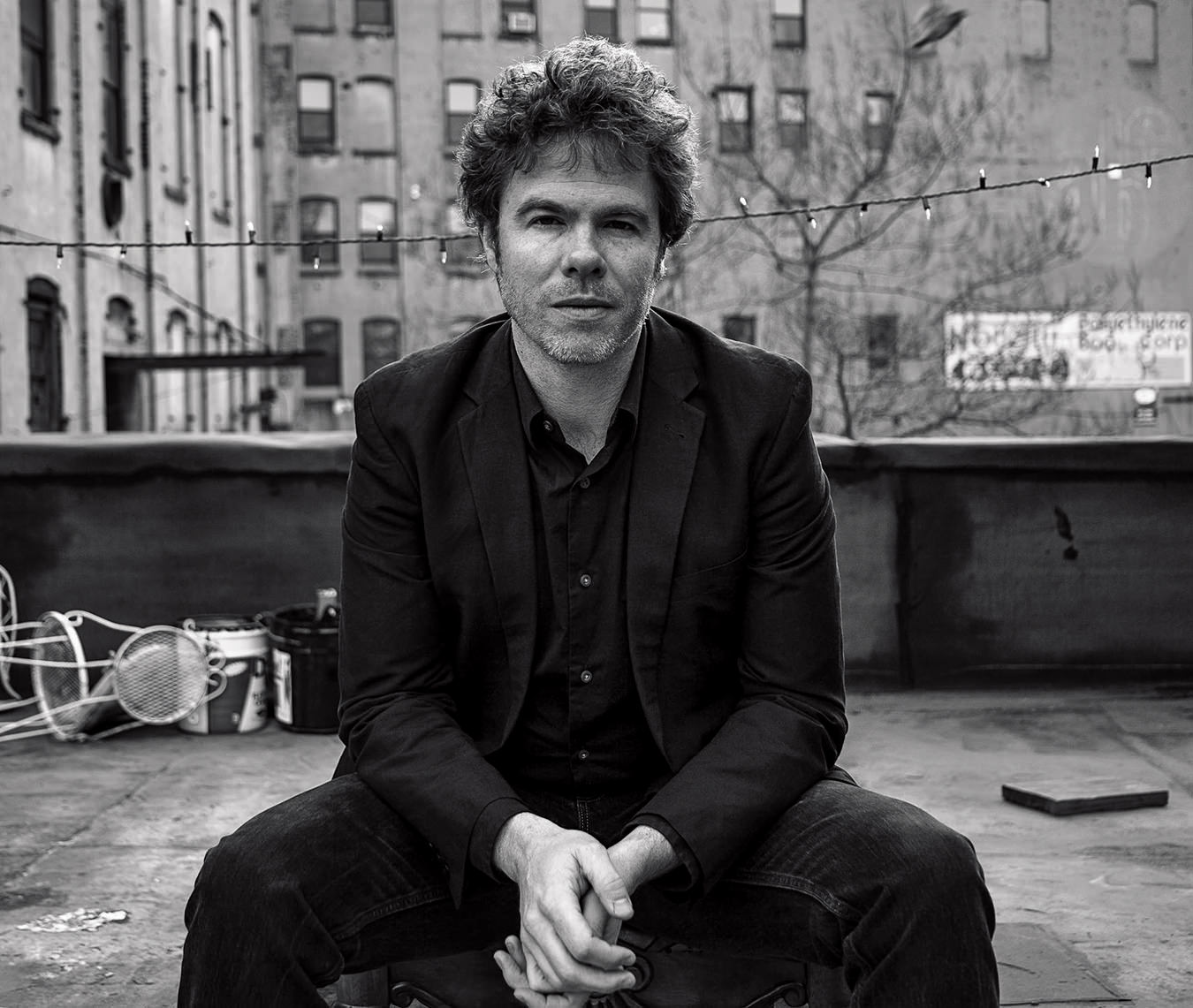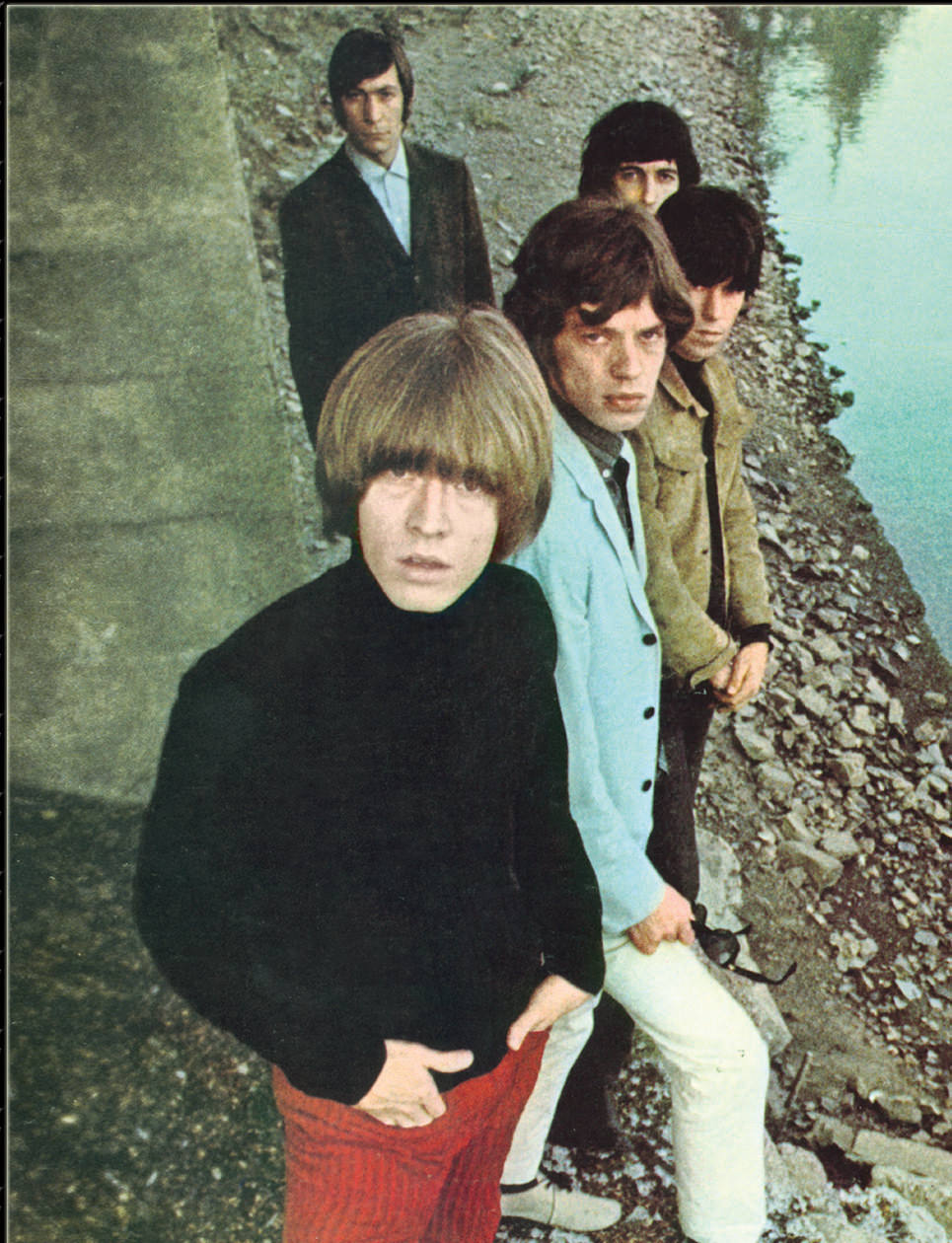TOBi’s New Album, Panic, Is for the Children
Our time with TOBi, and his unapologetic soul music.
In 1972, Detroit-based trombonist Phil Ranelin co-founded Tribe Records, an independent spiritual jazz label with a mission to support local artists and protect their creative autonomy. Among the many releases from the imprint is 1976’s Vibes From the Tribe, which features a song called “For the Children.” On it, Ranelin sings about how children will grow and be strong in spite of despair—that they “are the answer, friends, to our destiny”.
More recently, TOBi met Ranelin at a birthday party, where the Lagos, Nigerian-born, Brampton, Ontario-raised rapper and singer was performing. After the two got to talking, TOBi told Ranelin he’d love to have the jazz legend’s voice on his new album, Panic. Ranelin agreed without hesitation.
Ranelin’s deep voice introduces the album—“This is Panic”—after it opens with the breathtaking “Someone I Knew.” The song samples an unreleased track by the UPC All-Stars that was originally written in 1971: “A young man died today / What have we to show?” the choir—a combination of original vocals layered with new backups—sings. “It was someone I knew / But he died for me and you / How much longer till we’re through?”
Ranelin and TOBi are a perfect pairing, and not just for the kaleidoscopic sonic approach the two visionaries share. In addition to TOBi’s critically revered musical work—including, among his many honours, back-to-back Juno wins —he is also a dedicated advocate for youth and community: a former councillor for youth in crisis and co-founder of the mental wellness collective UNPACK. “To me, youth symbolizes hope and another chance—another chance to get things right,” he says, speaking from Los Angeles.
TOBi credits producer Alex Goose for the immersive musical landscape on Panic, which is alive with horns, strings, melodic beats, and visceral textures like white noise. Paired with TOBi’s impassioned delivery—from his rap flow to singing voice—this is unapologetic soul music. “To me, soul music is one of the purest forms of self-expression,” he says. “And I don’t think that I would be the artist that I am if I hadn’t been raised on the canon of Marvin Gaye, Nina Simone, you know, artists that really wore their heart on their sleeve. To me, that’s soul music. Gil Scott-Heron. And I call it unapologetic soul music because I don’t believe it’s confined to a genre. I think you could rap, you could sing, you could scat, whatever, as long as it’s a true form of self-expression—to me, that’s soul music.”
Panic doubles down on its message of holding hope for the future with its closer, “How Much Longer,” a striking reprise of “Someone I Knew.” The backing arrangements are powerfully minimal, with lyrics taking space as the primary instrument. And like the opening track, it features Ranelin, who delivers what feels like a dedication: “For the children, destined to continue the endeavour of the ultimate and freedom that we seek. A tribute to the children, who now and forever represent the future of mankind.”
And TOBi concurs: “This is for the youth,” he continues. “Whether it’s the literal physical youth, but also the youth in us—our inner children.”
More of TOBi to come in our Winter 2023 Edition, Issue 99 on November 14.
Music soundtrack: “Flatline” from Panic.




